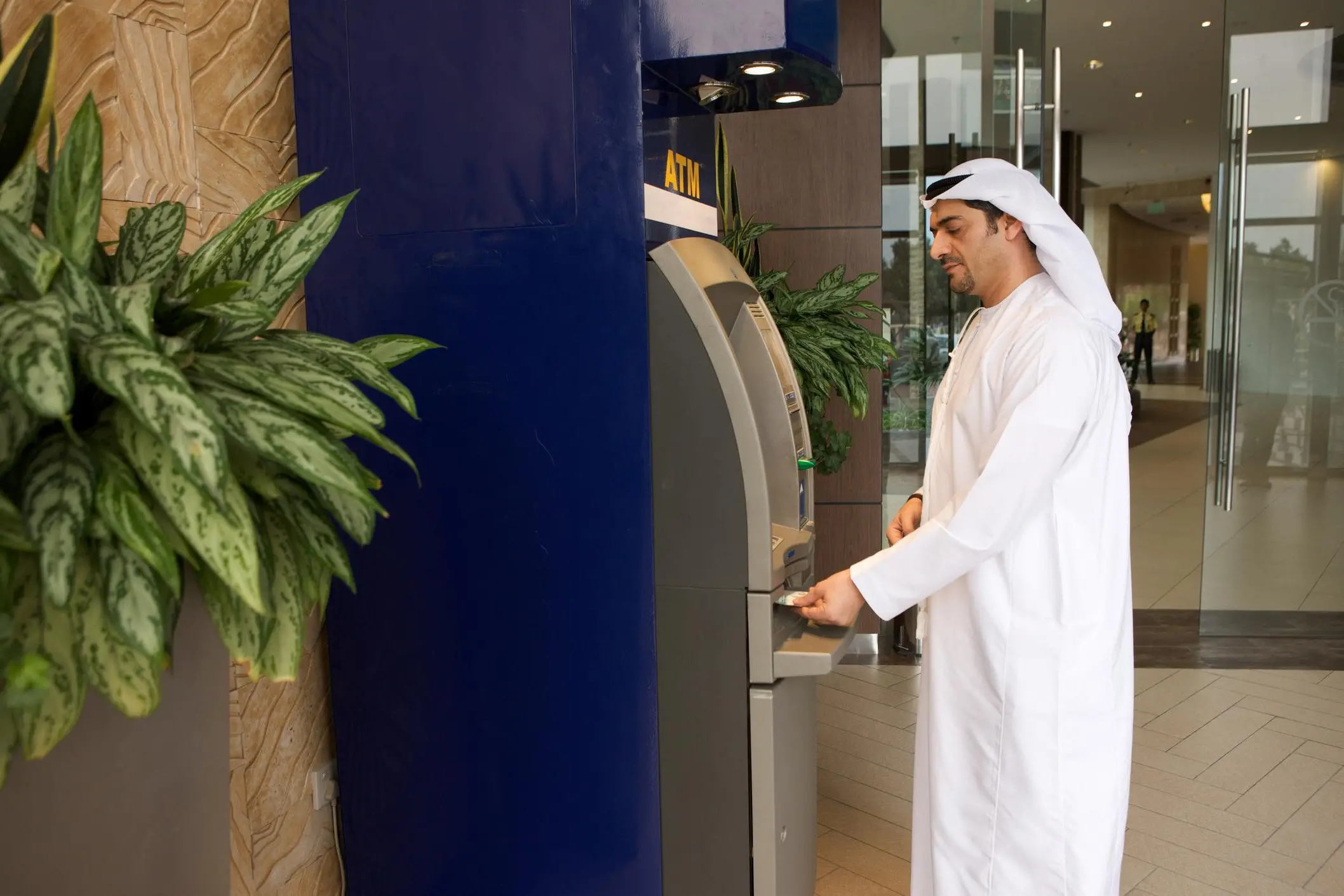PHOTO
The outlook of UAE banking sector is getting brighter on the back of solid liquidity and robust credit growth as the industry is set for a double-digit surge in net profit in 2018, Abdul Aziz Al Ghurair, chairman of the UAE Banks Federation (UBF) and chief executive of Mashreq Bank, said on Monday.
He said the local banking sector is on a solid growth track, with combined assets of banks having grown 4 per cent to Dh2.7 trillion in 2017 - making it the largest in the Arab world - while recording a net profit growth of 8 per cent to Dh38 billion in 2017.
"We are expecting a 5-6 per cent growth in credit in 2018, up from four per cent in 2017. Net profit is expected to grow higher this year compare to 2017, in double digits," Al Ghurair said. The capital adequacy ratio of UAE banks is at 18.1, far higher than the minimum requirement, he said at a media roundtable.
Al Ghurair said the implementation of International Financial Reporting Standards 9 (IFRS 9), which marks a paradigm shift for banks worldwide, is having positive impact on UAE banks by enabling them to record healthy net profit growth. He said as a result of IFRS, banks would do better because of a pick-up in quality loan demand.
He said the UAE's diversified economy would grow at 4 per cent on the back of higher spending and rise in oil prices. With the Expo 2020 getting closer, the market conditions are fast improving, he said. Al Ghurair said the property sector, one of the biggest drivers of the economy, is facing an oversupply issue that is bringing down prices by as much as 20 per cent.
"May be it is good in another way as lower real estate prices will make the UAE more competitive as the cost of doing business will decline." He said the implementation of value added tax is helping banks with better lending opportunities as SME will be forced to submit transparent sales account. "Banks are increasingly refraining from balance sheet-based lending practices and looking for more on collateralised lending business.
Al Ghurair said in tandem with more US interest rate hikes expected this year, the cost of borrowing for businesses would go up. However, banks will continue to support SMEs.
Lower rates for SMEs
As the quality of lending based on solid security improves, banks will be in a better position to reduce interest rate for SMEs, he said. "As a result, genuine SMEs will enjoy a better cost of borrowing." In April, the UAE Central Bank will launch a new way of setting Emirates Interbank Offered Rates (Eibor), helping to make the system more accurate and transparent. "We have taken benchmark banks to tell us what is the actual cost of deposit and the incremental cost of deposit that will become the interbank rate for the UAE," said Al Ghurair.
The central bank has been examining ways to make the system operate more closely in line with market conditions and more transparently. The changes were originally expected to be introduced in January but the announcement was delayed, local bankers said previously. He said the new mechanism would include a panel of around eight banks, and the system would be audited by an external auditor to ensure it was transparent. The system will be reviewed monthly, he said without elaborating.
The UBF chief said banks were awaiting guidance from the central bank for more clarity on how banks should handle value- added tax. Regulated banking services are subject to the tax, which was introduced at the start of this year. A decision is expected from the central bank as early as next month on whether the tax should be paid directly by banks or passed on to consumers, Ghurair said. At the moment, the majority of banks are absorbing the VAT on regulated services, he added.
- With inputs from Reuters
Copyright © 2018 Khaleej Times. All Rights Reserved. Provided by SyndiGate Media Inc. (Syndigate.info).





















